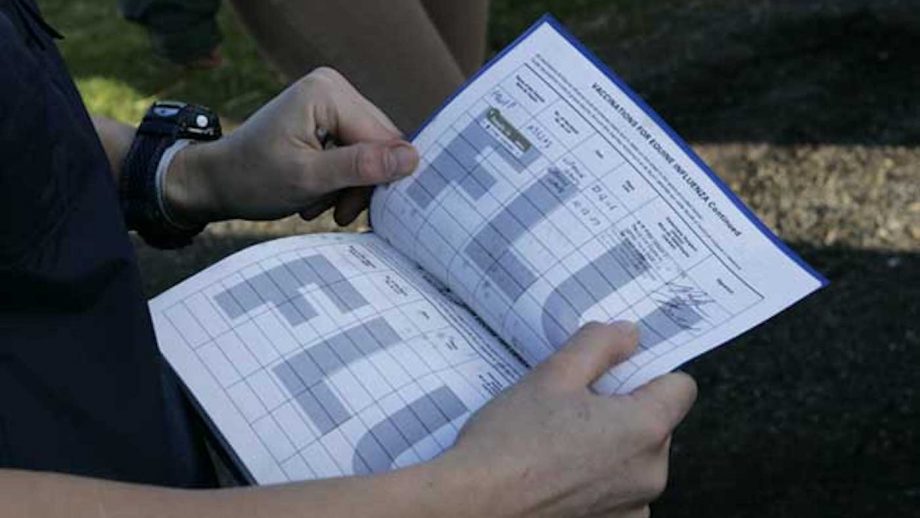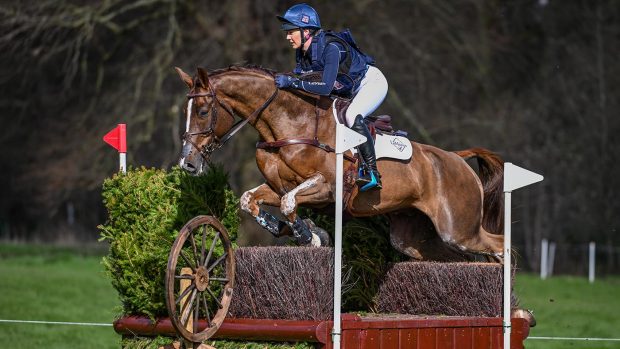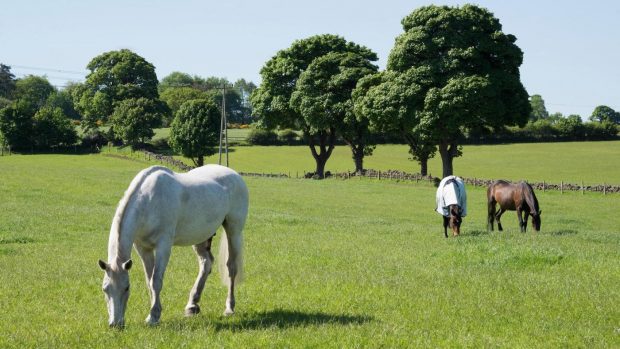A number of new cases of equine flu have been confirmed in Britain during the past 24 hours – as well as cases in the US and a “potential epidemic” in west Africa.
The Animal Health Trust has reported at least five horses have confirmed flu on a premises in Hertfordshire, where 15 others are showing signs of the virus. The yard, on which 30 non-thoroughbred horses live, most unvaccinated, has placed restrictions on movement.
Two other diagnosed cases, in Buckinghamshire and central Scotland, involve recently-arrived unvaccinated horses, who have been in contact with a total of eight vaccinated equines. Two horses have been confirmed as having the virus in Worcestershire. One is a vaccinated non-thoroughbred with no equine contacts, the other an unvaccinated non-thoroughbred in contact with some 35 other equines, of whom about half are vaccinated, but this yard has been on lockdown since a case strangles was confirmed there in the last month.
A number of venues have cancelled events planned for the coming days as a result of the outbreaks.
Blue Barn and Cobham Manor in Kent, Pyecombe and Crockstead in West Sussex and Petley Wood in East Sussex are among those to have cancelled affiliated and unaffiliated competition, promising refunds or transfer of entries to affected competitors.
Crockstead said in a statement the decision had been made after a “sleepless night”, adding: “There is always another day.”
Other venues have said they will still run planned shows, but that riders should ensure vaccinations are up to date, and that passports should be available to be checked.
The British Equestrian Federation (BEF) is urging all competition and training event organisers to check all attending horses’ passports to ensure they comply with rules. It also advises riders to check venues’ requirements beforehand.
“The BEF continues to urge all owners to be vigilant for the symptoms of equine flu and to alert the vet if they think their horses are showing signs,” the BEF said in a statement.
“All owners MUST ensure vaccination records are up to date, and if it has been longer than six months since the last vaccination, we strongly recommend discussing a booster with their veterinary surgeon.
“We also remind owners that any contact with recently imported horses represents an increased risk so owners should follow veterinary advice by isolating any recently imported horse for a period of at least 21 days.”
In Ohio, US, three horses at the World Equestrian Center have tested positive for equine flu, and have been isolated since Sunday (10 February).
“The World Equestrian Center will continue to observe all recommended biosecurity measures and be vigilant in its effort to avoid the spread of the virus by continuing to disinfect and sterilise stabling, wash racks, walkways and common areas on the horse show grounds,” the venue said in a statement, adding that competition was to continue this week.
The Donkey Sanctuary has also warned of a possible epidemic, as an outbreak of equine flu has been declared in Nigeria. It has been suggested that the spread of the virus, which has so far affected 3,000 equines, is owing to the illegal movement of donkeys, possibly a symptom of the donkey skin trade.
Continues below…

Equine flu: do we need an epidemic before we act?
Horse owners need to understand the importance of vaccination, an expert has warned

Subscribe to Horse & Hound this spring for great savings

Equine flu: what all owners need to know to protect their horses
“The Donkey Sanctuary is hearing from partners in neighbouring countries Mali and Ghana of donkeys showing similar characteristics of the disease, including fever and nasal discharge, although these have not been officially confirmed,” a spokesman for the charity said.
“The current outbreak in the UK and previous outbreaks in Australia and China have proven to have costly consequences to the equine populations, putting at risk not just working equines but domestic and competing animals too.”
The Donkey Sanctuary is now taking steps to alert at-risk countries of the threats of an equine flu epidemic and to offer support to governments and donkey-owning communities, including distributing information on how to prevent further spread of the disease.
The charity is also “imploring” at-risk countries to immediately ban movement of donkeys along trade routes and to tackle illegal movements.
For all the latest news analysis, competition reports, interviews, features and much more, don’t miss Horse & Hound magazine, on sale every Thursday.




